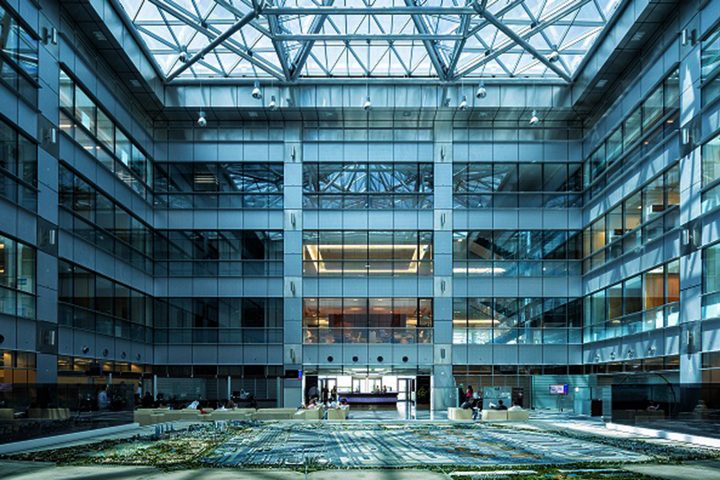Premium content access required
It looks like you’re trying to access exclusive content available only to our Premium members.
Unlock full access
Upgrade to GES Newswire Premium and enjoy:
- In-depth reports and exclusive articles.
- News and expert analysis.
- Access to our magazines.
Already a premium member?
Log In to access this content.
Not yet subscribed?
Upgrade Now to unlock the full potential of GES Newswire.
Need help? Reach out to us at hello@gecnewswire.com
Thank you for choosing GES Newswire for trusted and insightful news and analysis.






















